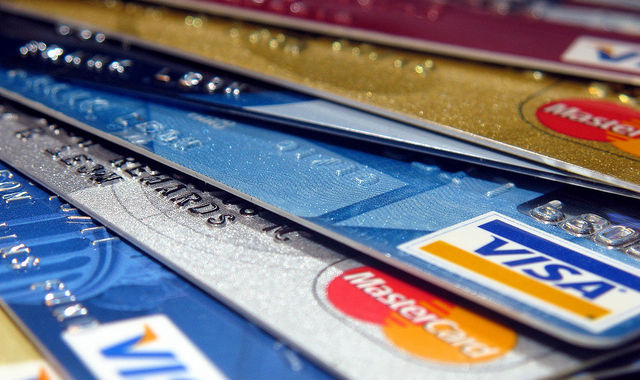
On Monday, New Jersey Governor Phil Murphy signed a bill banning cashless retail stores and restaurants in the Garden State. Murphy’s signature makes New Jersey the second state in the US to ban cashless stores, after Massachusetts banned them in 1978.
More recently, New Jersey’s move follows that of Philadelphia, which banned cashless stores earlier this month. Philadelphia’s legislation was a reaction to a growing number of stores that only accept credit cards or require customers to pay with an app, like Amazon’s new Amazon Go stores.
Ars contacted Amazon for comment on the new law, but the company did not respond.
Much like Philadelphia’s new law, New Jersey’s law makes an exception for parking garages and car rental companies, where a credit card is required upfront for incidentals. There is also an exception carved out for some airport stores, according to NJ.com.
Proponents of cashless stores say that they prevent theft, speed up customer convenience, and are generally more modern. Opponents say that cashless stores unfairly disadvantage people who don’t or can’t have credit cards and who don’t want the fees associated with prepaid debit cards.
According to NJ.com, State Assemblyman Paul Moriarty said in a statement that “Many people don’t have access to consumer credit, and any effort by retail establishments to ban the use of cash is discriminatory towards those people.”
Privacy concerns are another reason customers might resist the rise of cashless stores. Moriarty told WNYC that the bill also protects people who “don’t want every aspect of their life recorded, stored, and monetized by credit card companies, right down to the purchase of a stick of gum.”
Businesses that violate New Jersey’s new law will be fined $2,500 for a first offense and $5,000 for a second offense. Fines would climb from there.
Currently, the New York City Council is discussing a similar ban on cashless stores.
Be the first to comment